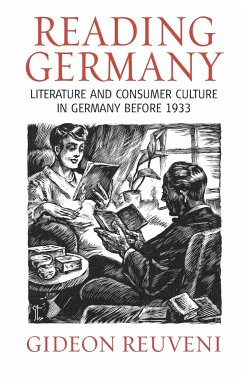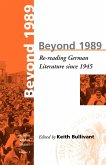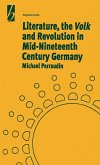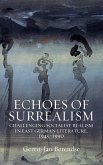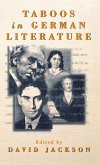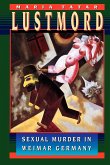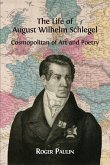By closely examining the interaction between intellectual and material culture in the period before the Nazis came to power in Germany, the author comes to the conclusion that, contrary to widely held assumptions, consumer culture in the Weimar period, far from undermining reading, used reading culture to enhance its goods and values. Reading material was marked as a consumer good, while reading as an activity, raising expectations as it did, influenced consumer culture. Consequently, consumption contributed to the diffusion of reading culture, while at the same time a popular reading culture strengthened consumption and its values.
Hinweis: Dieser Artikel kann nur an eine deutsche Lieferadresse ausgeliefert werden.
Hinweis: Dieser Artikel kann nur an eine deutsche Lieferadresse ausgeliefert werden.

